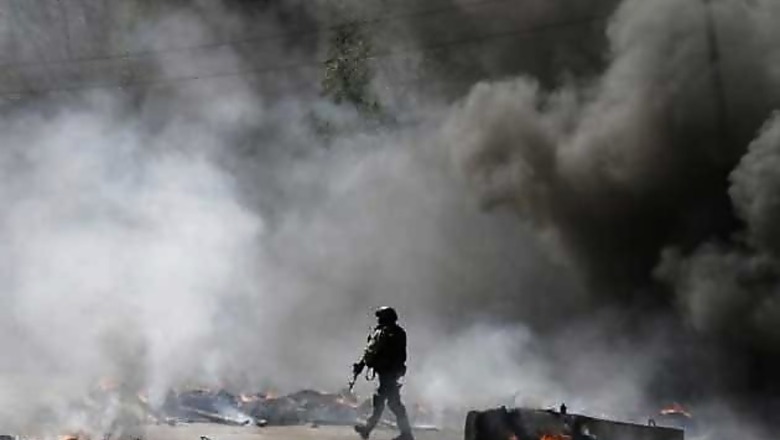
views
Brussels: The European Union has decided to slap new economic sanctions on Russia over its actions in Ukraine, diplomats said on Thursday.
The sanctions will further curb access to European capital markets for Russian firms and banks, limit exports of certain high-technology goods and target several officials with travel bans and asset freezes, diplomats told The Associated Press in Brussels.
The sanctions will take effect Friday following their publication in the EU's official journal but will be reversible if the situation in eastern Ukraine improves, four diplomats said independently. They spoke on condition of anonymity pending the official announcement.
A summit of EU leaders almost two weeks ago called for the new sanctions to be finalized, but they were then twice postponed to assess the impact of a cease-fire in eastern Ukraine. The United States previously said it was also considering new sanctions once the EU moves forward, and could now take that step as early as Thursday.
The new sanctions are expected to deepen earlier penalties targeting Russia's oil and arms sectors, including a further tightening of access to international capital markets. The current ban on credits and loans to Russian entities with a maturity of more than 90 days will be reduced to 30 days, two diplomats said. Curbing access to western capital markets could weigh down Russia's already-flagging economic growth.
More individuals, including Russian government officials and people close to Russian President Vladimir Putin, are also expected to be sanctioned.
Russia's benchmark MICEX, which was rising today morning and early afternoon, declined 0.7 percent on the news. The Russian ruble fell to an all-time low of 37.51 rubles against the US dollar.
Brussels has been more reluctant than Washington to sanction Russia because of its broad economic ties. Moscow is an important gas supplier for many EU nations and it is the bloc's third-largest trading partner overall.
The EU's sanctions, however, have more impact than those imposed by the U.S. since the EU is Russia's largest trading partner by far.













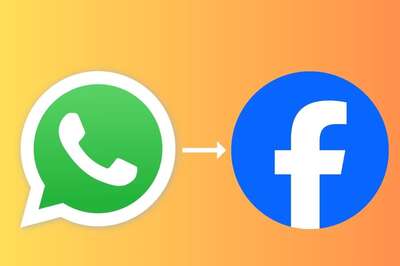


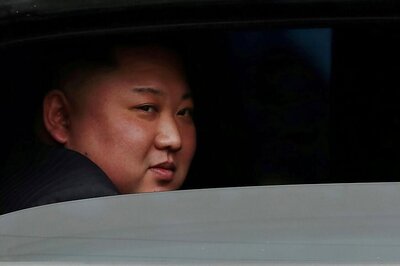

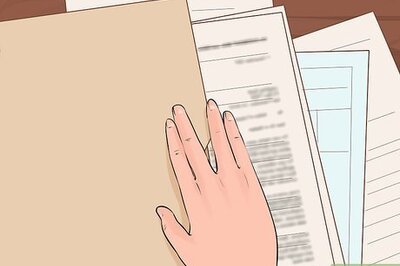
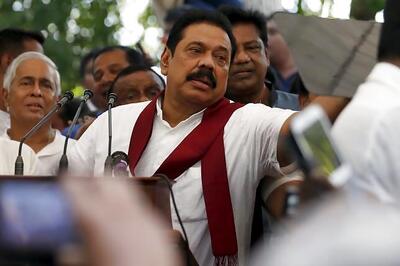
Comments
0 comment